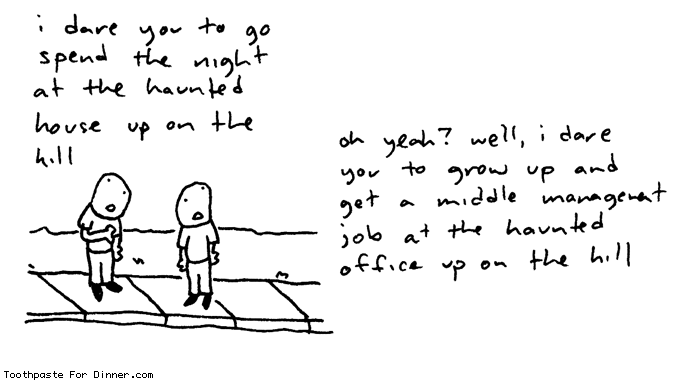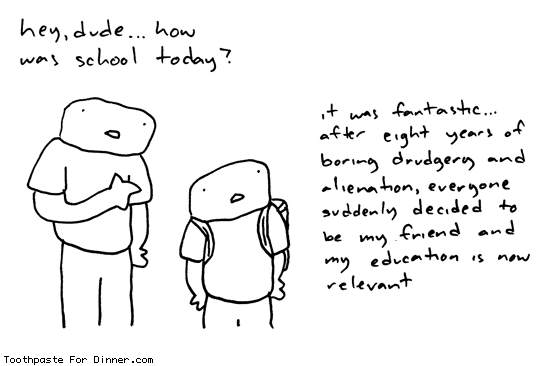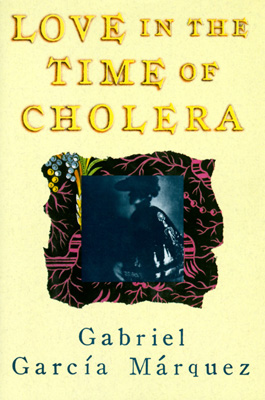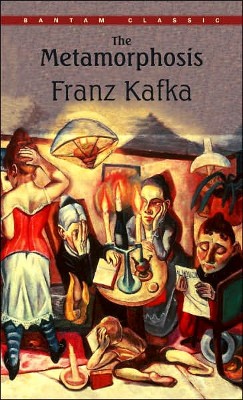You revisit the dank and the dour
When the taste of love is all but gone
Sour
Howe Gelb and Isobel Campbell:
When I look in your eyes
I surrender
The surrender is rendered justified
You stand with one boot upon my fender
Reflecting on my
Glass eye
There, amongst the willows and the briars
On the streets between all the man-made spires
In an entangulation of too many wires
Every girl is like a pearl
Howe Gelb and Isobel Campbell:
Heart strung along and then left stranded
Howe Gelb:
All frayed and torn
Howe Gelb and Isobel Campbell:
Admitting you to form is not
What love had demanded
Howe Gelb:
When I look in your eyes
I surrender
The surrender is rendered justified
Isobel Campbell:
Gave up my time
Howe Gelb and Isobel Campbell:
Reflecting on my glass eye
...
I lost me my eye in a battle
Now this permanent fixture is
Your rage
...
You are looking just so fine
Reflecting upon my glass eye.






























